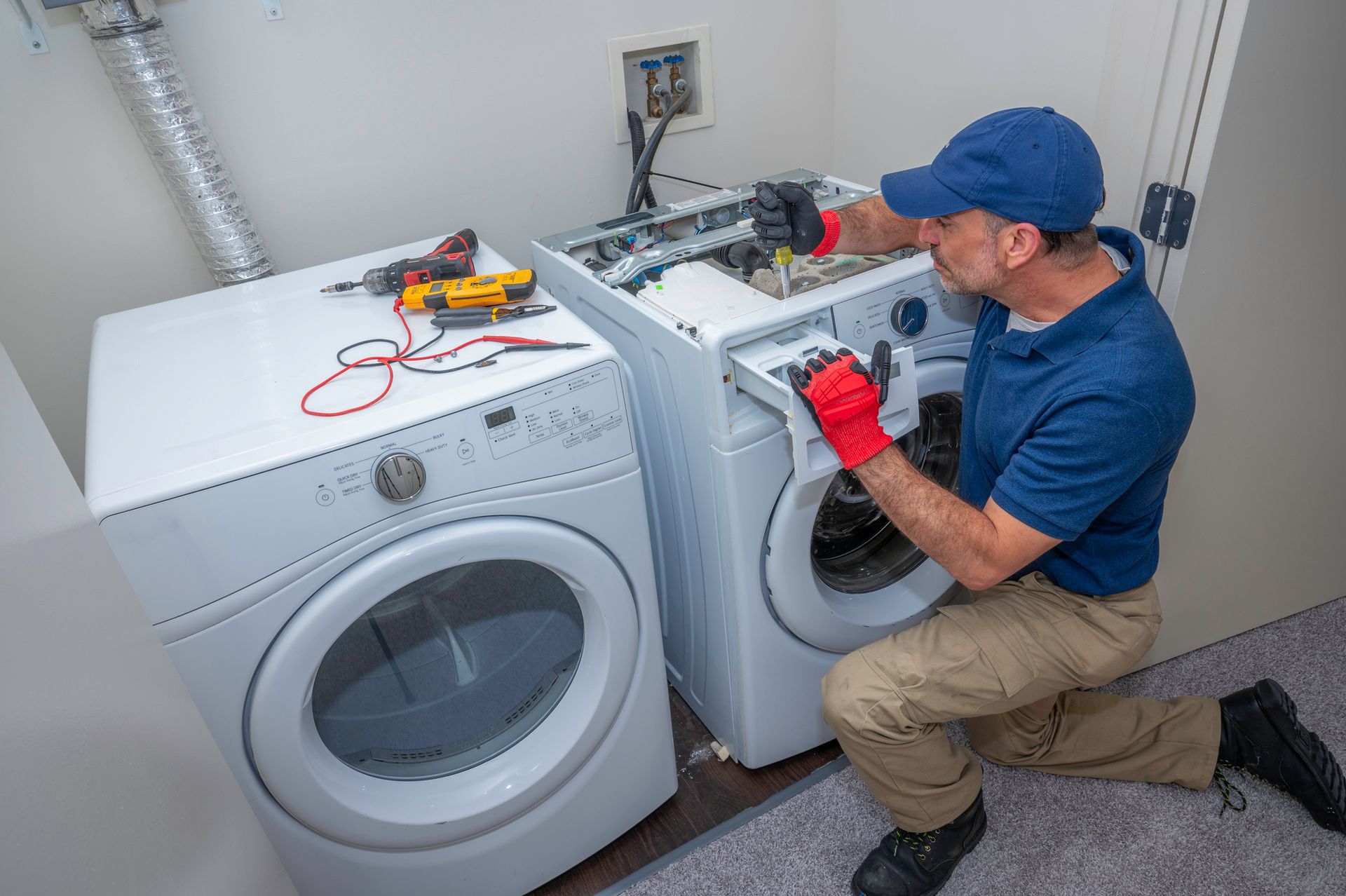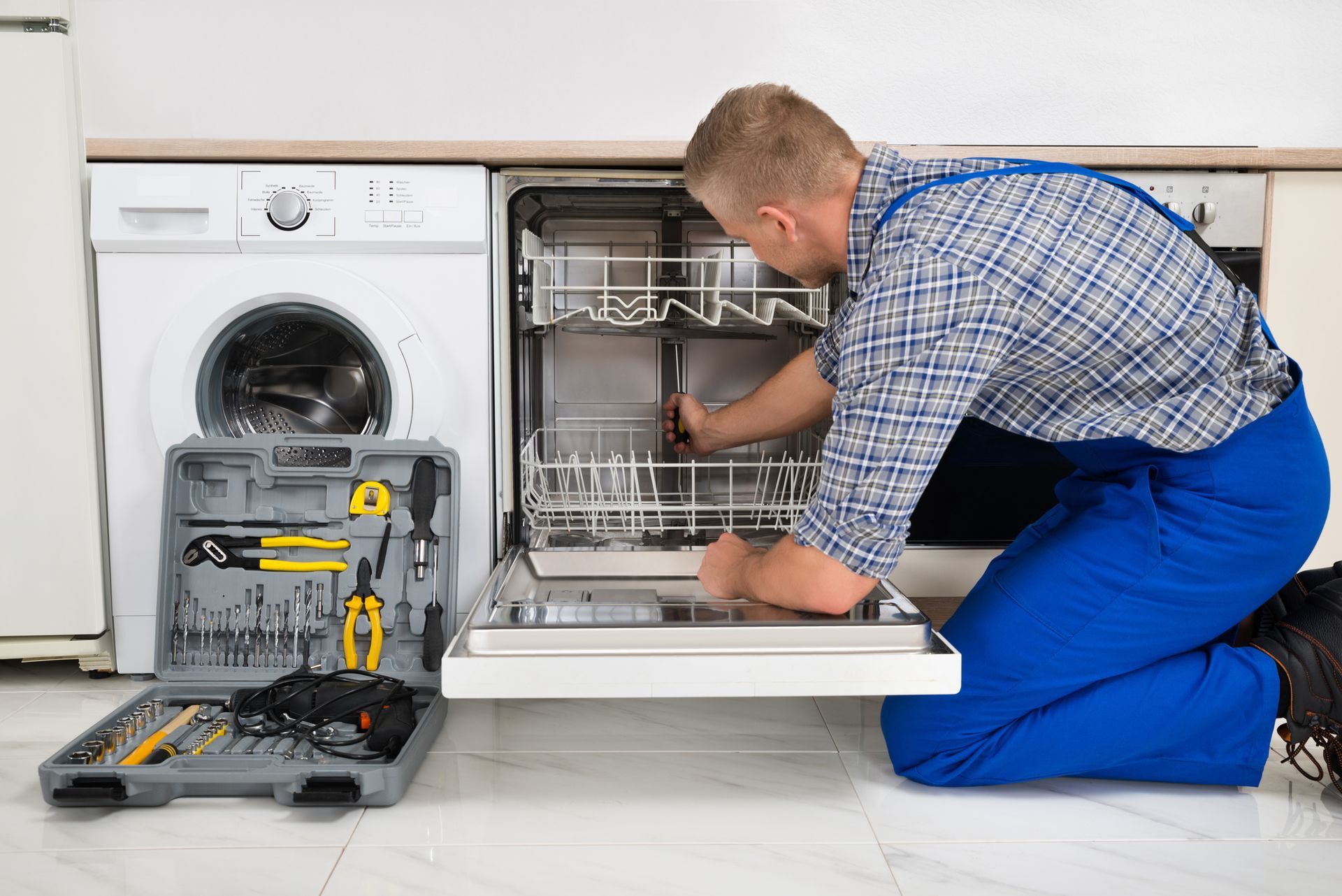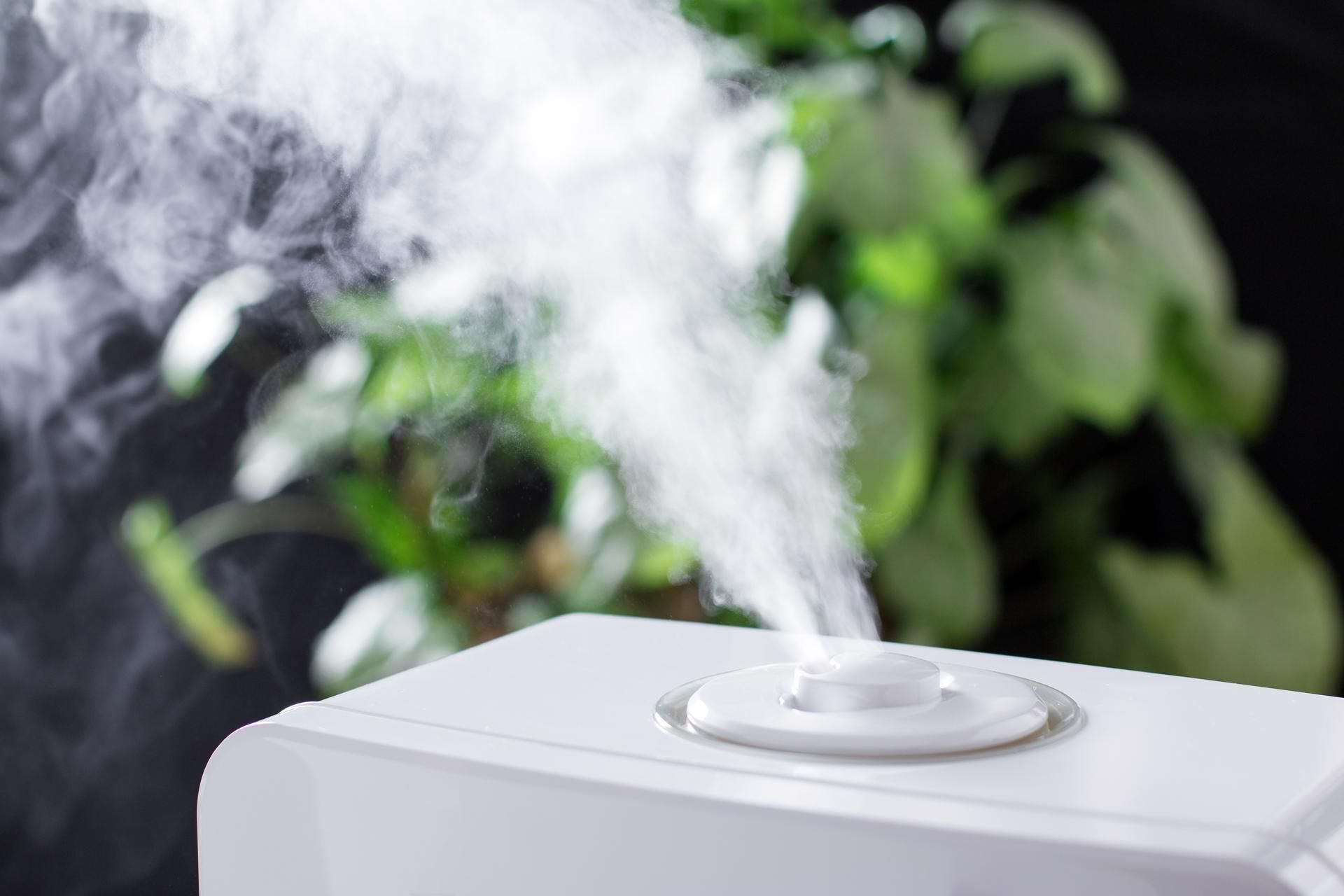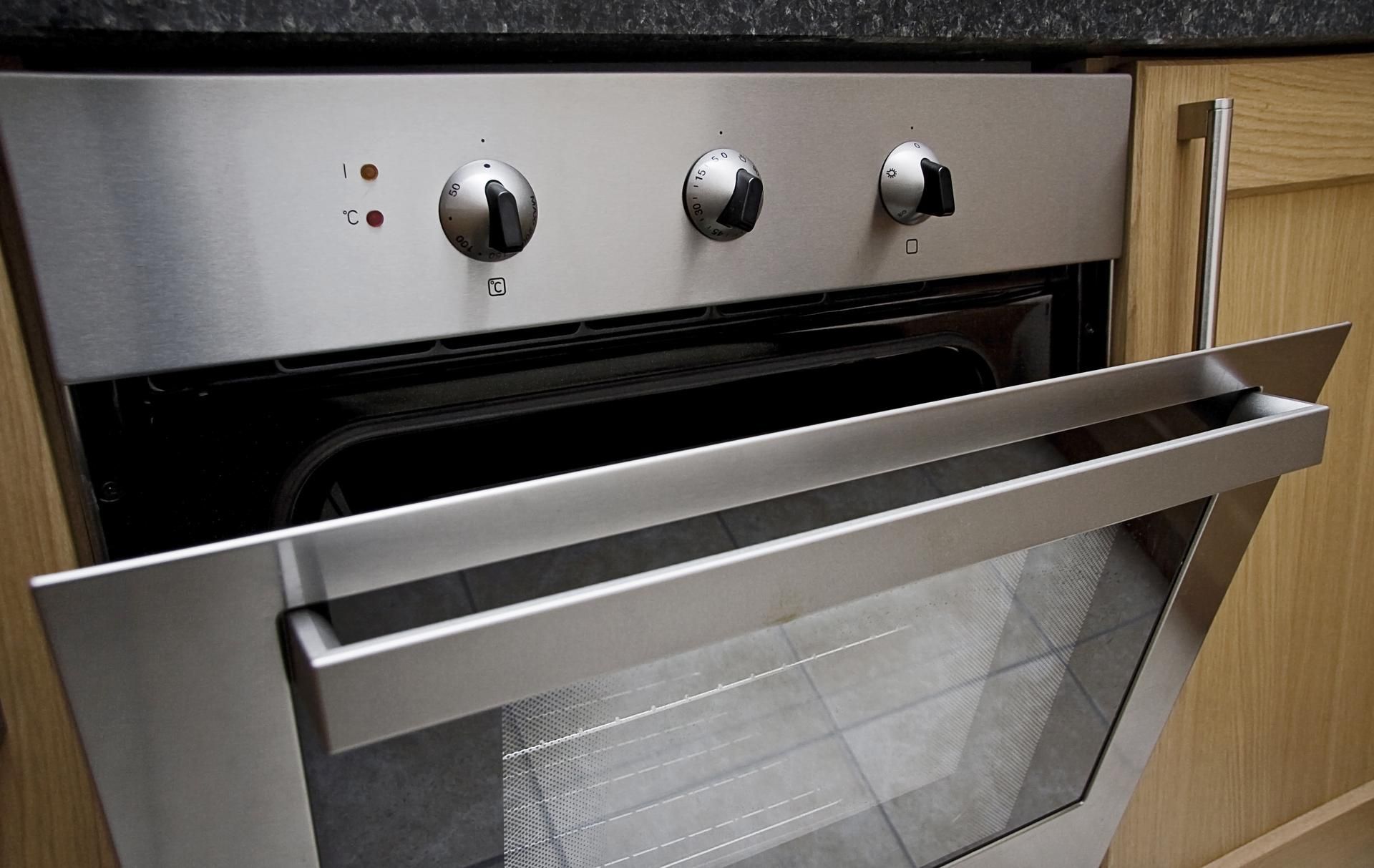Microwave Mania: A Beginner’s Guide to How Microwaves Work
Most consumers own and use a microwave daily, but few actually realize how a microwave works and operates. Microwaves can generate a lot of heat from electricity in a short amount of time. For safety, microwave manufacturing is regulated very tightly. These regulations ensure a tight seal on the microwave to contain the radiation generated during use. Interested in diving deeper into the microwave mechanics? Read on to learn more about this common appliance.
Quick and Easy: The Convenient Process
Microwaves rely on radiation, which are microscopic waves of energy and electricity. Although radiation gets a bad rap, the process generates heat molecules quickly and penetrates food to increase the temperature. Because the microwave is a small, contained apparatus, it poses little danger to consumers. Just remember to stand a safe distance away from the contained space during the microwaving process.
Using Electricity to Heat
Microwaves contain a powerful generator called a magnetron. This generator converts electricity into microwaves which heat the small space quickly. While your food cooks in the microwave, it actually absorbs the microwaves and heat. In turn, these raise the temperature of the food. Because the frequency of conversion from electricity to heat is so high in a small space, your food heats quickly as a result. Microwave insulation come in the form of a thick metal box. This box prevents outside exposure to the high frequency of radiation and heat generated during the cooking process.
Safety First
It’s important to note that microwaves do not cause any danger to the food during the microwaving process. However, direct exposure of skin to microwaves or radiation can cause both short and long-term damage. For instance, microwaves can cause a severe, deep burn. Additionally, radiation exposure can alter DNA and cell structure in the body. As a result, it can cause permanent scarring and long-term abnormalities.
The post Microwave Mania: A Beginner’s Guide to How Microwaves Work appeared first on Docs Appliance Service.
















